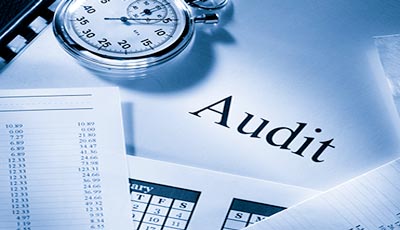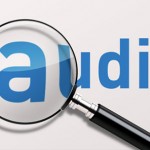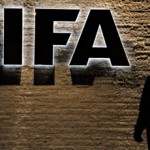Auditors Favor Curbs on Changes to the Audit Report

Rather than divulge every worry that kept them up at night during an audit, some auditors feel that they should limit their reporting of “critical audit matters” to the anxieties they’ve reported to the audit committee, according to an analysis of a field test of the Public Company Accounting Oversight Board’s proposal to revamp the auditor’s report.
Issued on August 13, 2013 after years of deliberation, the proposed auditing standard would require auditors to communicate critical audit matters (CAMs) in the auditor’s report on the financial statements of corporate clients. The PCAOB defines CAMS as those issues “that involved the most difficult, subjective, or complex auditor judgments … posed the most difficulty to the auditor in obtaining sufficient appropriate evidence; or … posed the most difficulty to the auditor in forming an opinion on the financial statements.”
Those matters, which the PCAOB expects would appear in most audit reports, should be of such pressing importance that auditors have either already reported them in their engagement completion documents, had them reviewed by engagement quality reviewers, communicated them to the audit committee, or a combination of the three, according to the proposed standard.
In her June 19 letter to the PCAOB reporting on the results of the field test, however, Cynthia M. Fornelli, the executive director, Center for Audit Quality (CAQ), wrote that for the audit teams from nine registered accounting firms that audited 51 companies in 2012, “98 percent of the actual CAMs identified during the course of field testing were previously communicated to the audit committee.”
The audit teams that were tested “observed that using matters communicated to the audit committee as the only source for identification of CAMs might be more effective and may result in the identification of those matters important to the audit in a more effective and efficient manner,” Fornelli wrote.
Materiality Matters
Further, CAQ contends that adding an “explicit requirement to include the concept of materiality as a relevant consideration in CAM determination” to the proposed PCAOB standard “would be constructive and help auditors finalize the list of potential CAMs.”
Although the proposal wouldn’t explicitly require auditors to consider materiality in deciding whether a critical matter should be reported, the accounting firms noted that often “the audit engagement teams considered materiality,” Fornelli wrote. “A number of accounting firms recommended that the process for determining a CAM should explicitly include the concept of materiality.”
Subject to Securities and Exchange Committee approval, the proposed auditing standard would be effective for audits of financial statements for fiscal years beginning on or after December 15, 2015.
CFOs have mostly opposed the PCAOB plan. Among finance chiefs who commented on the proposal before it was issued in its current form, Carol Tomé, CFO of Home Depot, was fairly typical. In her letter to the PCAOB, she wrote, for example, that management, “with the oversight and input from the audit committee, is in the best position to determine whether are financial disclosures are complete, accurate and provide our investor community with appropriate insight into our business.”
On the other hand, the company’s auditor “is not well suited to independently report information about the company beyond what is required to be disclosed by management under GAAP and SEC regulations,” Tomé wrote.
Source: cfo





























